
Start Planning
Popular Tours
Brindisi
Explore experiences and landmarks and plan your next tour to Brindisi

Church of San Benedetto

Piazza della Vittoria

Portico of the Templars

Roman Columns of Brindisi

Salina di Punta della Contessa

Swabian Castle (Castello Svevo)

Archaeological Museum Ribezzo

Monument to Italian Sailors

Monumento al Marinaio d'Italia

Palazzo Granafei Nervegna

Alfonsino Castle

Brindisi Cathedral
Brindisi Trips
The long jetties, the Aragonese Castle, and the incredible atmosphere of Southern Italy can all be seen in Brindisi. This charming city should be included in your itinerary without a shade of doubt. Traveling to the destination of your dreams is always exciting, but making a plan from scratch can be difficult sometimes. If dealing with planning on your own is not something you enjoy, choose one of our planned Brindisi trips and have a worry-free journey to one of Italy's most enchanting cities.
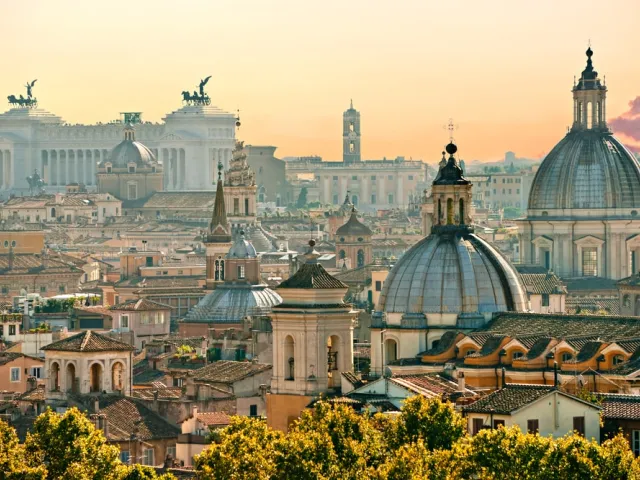
Essential Italy
MilanVeronaFlorenceRome
8 days
Private tour template
From$2,898
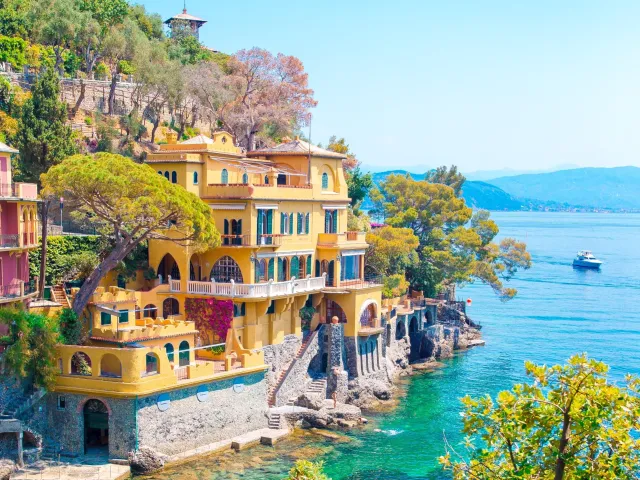
Best of Northern Italy
MilanComoSirmioneVenice
10 days
Private tour template
From$5,360
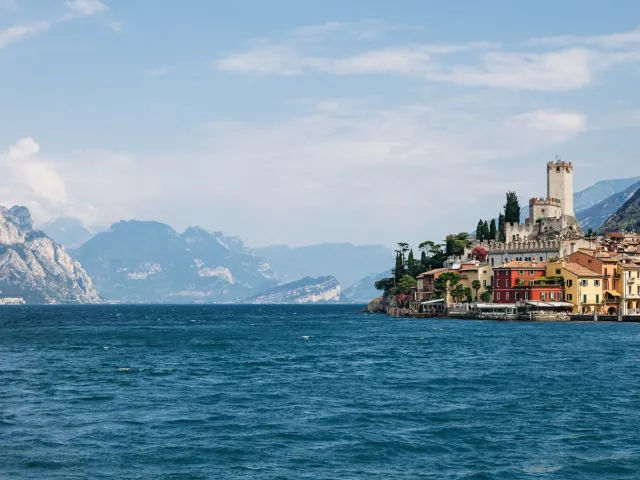
Classic Northern Italy: Journey by Car
MilanComoSirmioneVeronaVenice
10 days
Private tour template
From$3,378
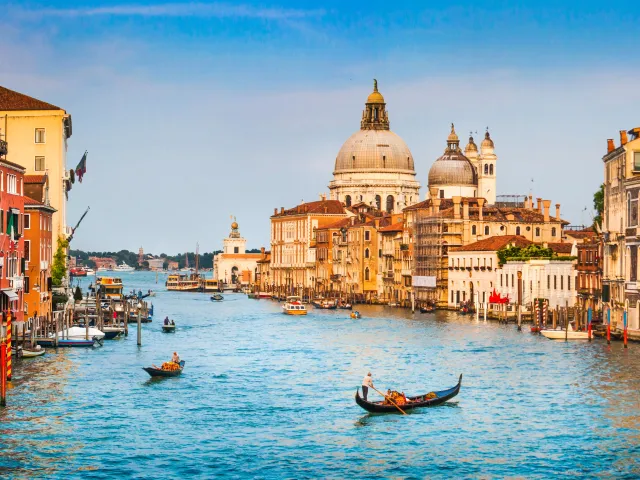
Heart of Italy
VeniceFlorenceRome
9 days
Private tour template
From$5,972
-min.jpg)
Platinum Italy
VeniceFlorenceRome
10 days
Private tour template
From$11,875

Southern Italy & Croatia
RomeNaplesSorrentoMateraBariDubrovnikZadarZagreb
19 days
Private tour template
From$9,749
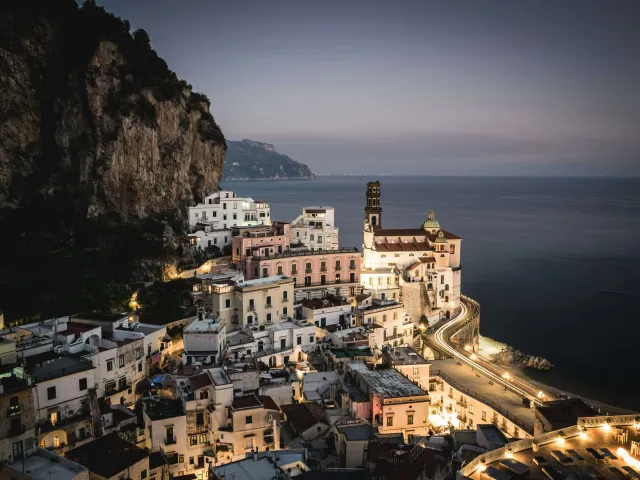
Best of Southern Italy: Rome, Bari, Amalfi
RomeBariMateraSorrentoNaples
12 days
Private tour template
From$4,429